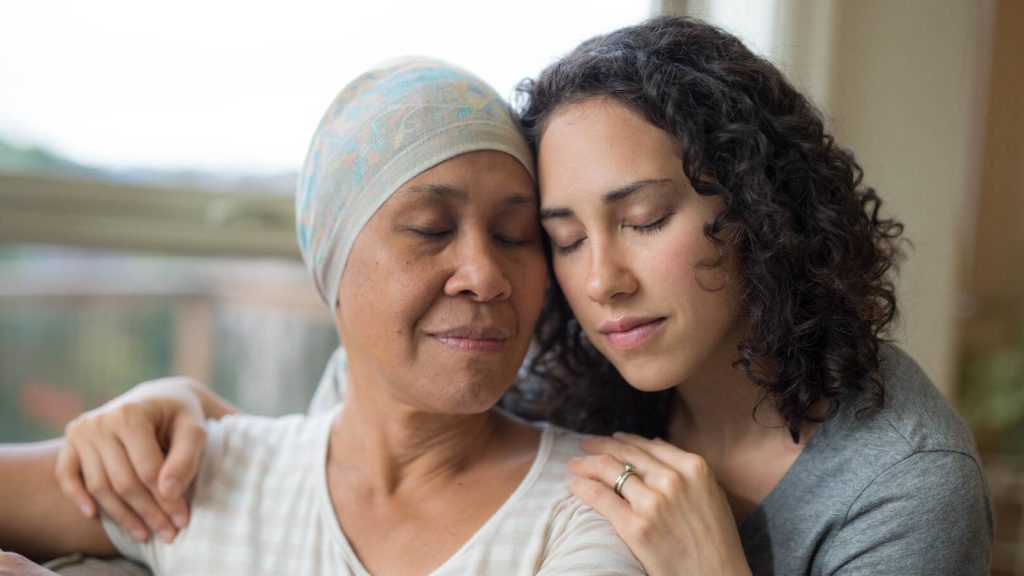
Breast cancer can affect all people, regardless of race or gender. It's the second-leading cause of cancer death for women overall. And for Hispanic women in the U.S., it's the leading cause of cancer death, according to the Centers for Disease Control and Prevention.
There's no one reason for the disparity. There are no genetic differences. Cultural, economic and other social factors, including access to health care, may influence the lower rate of breast cancer screening and follow-up care by this diverse group of women of Hispanic heritage.
Dr. Carlos Vargas, a Mayo Clinic radiation oncologist, says preventive screening is vital to saving lives.
Journalists: Broadcast-quality video pkg (1:09) is in the downloads at the end of the post. Please "Courtesy: Mayo Clinic News Network." Read the script.
Excluding skin cancer, breast cancer is the most common cancer in the U.S.
"And that is still true when we talk about Hispanic women, it is the most common cancer in women of Hispanic origin living in the U.S.," says Dr. Vargas.
He says reducing cancer deaths starts with increasing preventive screening, like mammograms.
"Breast cancer screening is very important, because it's one of the tools that we have to find cancer when it's still early and it's very curable."
Screenings aren't the only concern, says Dr. Vargas.
"We have seen in some studies that minorities, such as Hispanic women, don't tend to do as well with breast cancer. But that's due to the lack of screening, or when breast cancer is found, some Hispanic women don't seek medical treatment."
Patients can do well with early treatment. For most patients with breast cancer, it often involves a team approach with a medical oncologist, radiation oncologist and a surgeon.
"With the combination of systemic therapy, different forms of radiation and surgery, the chance of women being alive with their diagnosis of breast cancer and becoming survivors is extremely high," says Dr. Vargas.
Read more:
- Addressing health care barriers during Hispanic Heritage Month.
- Mayo Clinic Q&A podcast: Mayo Clinic working to support Hispanic patients, staff.
- The importance of diagnosing, treating diabetes in the Hispanic population in the US.
For the safety of its patients, staff and visitors, Mayo Clinic has strict masking policies in place. Anyone shown without a mask was recorded prior to COVID-19 or recorded in an area not designated for patient care, where social distancing and other safety protocols were followed.







